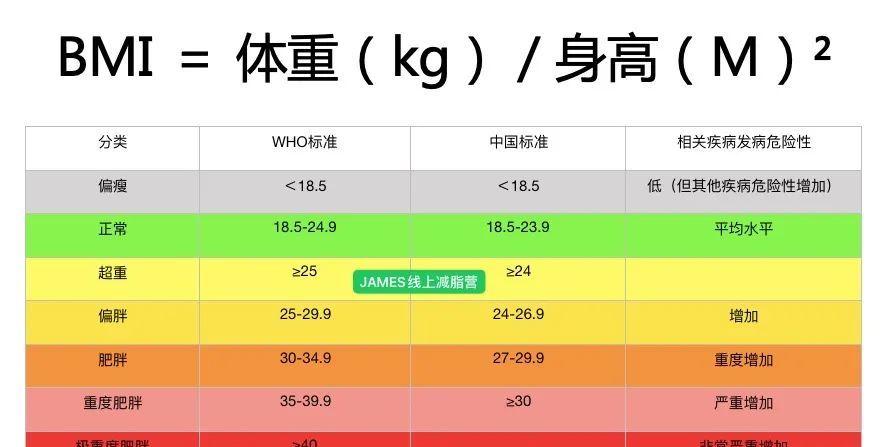The following is excerpted from the Chinese Guidelines for the Medical Nutrition Treatment of Overweight obesity
The rate of overweight and obesity among women of childbearing age in China reached 25.4% and 9.2%, respectively. Only 34.9 percent of women were able to correctly self-determine that they were overweight or obese, and only 17.1 percent had weight control measures. Obesity before pregnancy increases the risk of early miscarriage and recurrent miscarriage, while maternal and maternal obesity increases the risk of pregnancy complications and adverse pregnancy outcomes.
Lifestyle interventions in overweight/obese pregnant women may improve period weight gain and pregnancy outcomes. Reasonable dietary intervention can reduce weight gain during pregnancy, but the improvement effect on pregnancy outcomes is not consistent, pre-pregnancy weight loss is an effective means to improve the fertility of obese women, can effectively improve the rate of natural conception, but a short period of substantial weight loss can not increase the rate of live birth Obese women before pregnancy weight loss after receiving assisted reproduction treatment pregnancy rate and live birth rate have been improved.
Question 63: Can integrated interventions improve pregnancy gain in overweight/obese pregnant women?
Lifestyle interventions (personalized dietary guidance, low-GI diet, DASH diet, etc.) for overweight/obese pregnant women can improve gain during pregnancy. (Evidence level B, strong recommendation; consent ratio 96.6%)
A meta-analysis of 4 RCT studies totaling 537 obese pregnant women showed that intensive dietary interventions were more effective in reducing weight gain during pregnancy. In another meta-analysis that included 21 RCT studies, only four studies involved overweight or obese pregnant women, with a total of 719 people undergoing healthy eating interventions, showed a significant decrease in weight gain during pregnancy.
A multi-ethnic, multicenter RCT study of 1555 obese pregnant women with low GI diet plus physical activity showed a significant reduction in gestational weight gain in pregnant women in the intervention group.
The results of an RCT study of 520 overweight pregnant women showed that pregnant women on a low-GI diet had significantly lower gains during pregnancy than in the control group. In a study exploring whether a low GI diet during pregnancy could improve pregnancy outcomes in people at high risk of gestational diabetes, subgroup analysis of overweight pregnant women showed that pregnant women in the intervention group gained significantly less weight during pregnancy than in the control group, but there was no significant difference in the obese pregnant women subgroup.
Zhang et al. analyzed the effects of low GI diet on pregnancy outcomes and neonatal insulin resistance in pregnant women, and the results showed that there was no statistically significant difference in pregnancy weight gain between women in the low GI diet group and the control group.
Vesco et al. explored the effect of dash diet on improving pregnancy gain and pregnancy outcomes in obese pregnant women, and the results showed that pregnant women in the intervention group gained less weight during pregnancy compared with the control group, which was similar to the results of the Van Horn et al. [442]. H Al Wattar et al. [451] A multicenter RCT study of 205 pregnant women with metabolic risk factors (obesity, chronic hypertension, or hypertriglyceridemia) showed that the Mediterranean diet reduced maternal weight gain.
reference:
The following is an excerpt from Obesity - Nutrition and Dietary Guidance
The recommended weight gain range during pregnancy is scientifically calculated based on the preconception BMI index
Gain 0.5 to 2.0 kg in the first trimester of pregnancy.
Overweight women gain 7 to 11.5 kg during pregnancy.
Obese women gain 5 to 9 kg of weight during pregnancy.
Compared with obese women who gained more than 7 kg during pregnancy, the probability of preeclampsia, caesarean section and macrosomia was significantly reduced in obese women who gained more than 7 kg during pregnancy.
